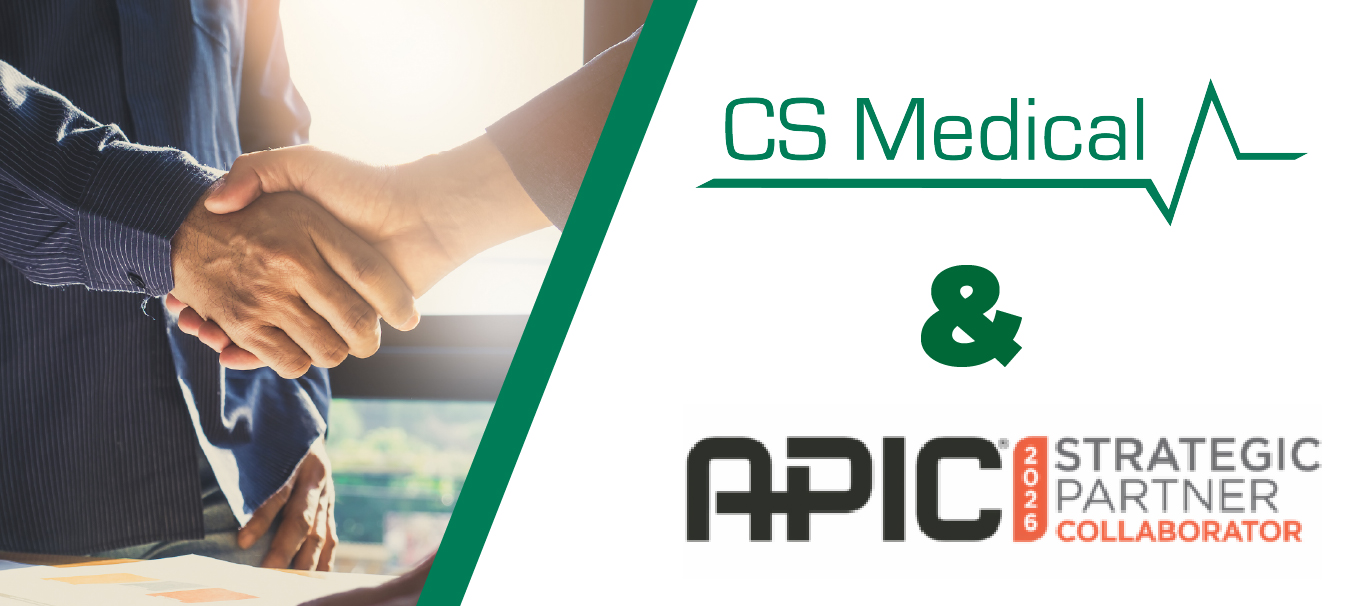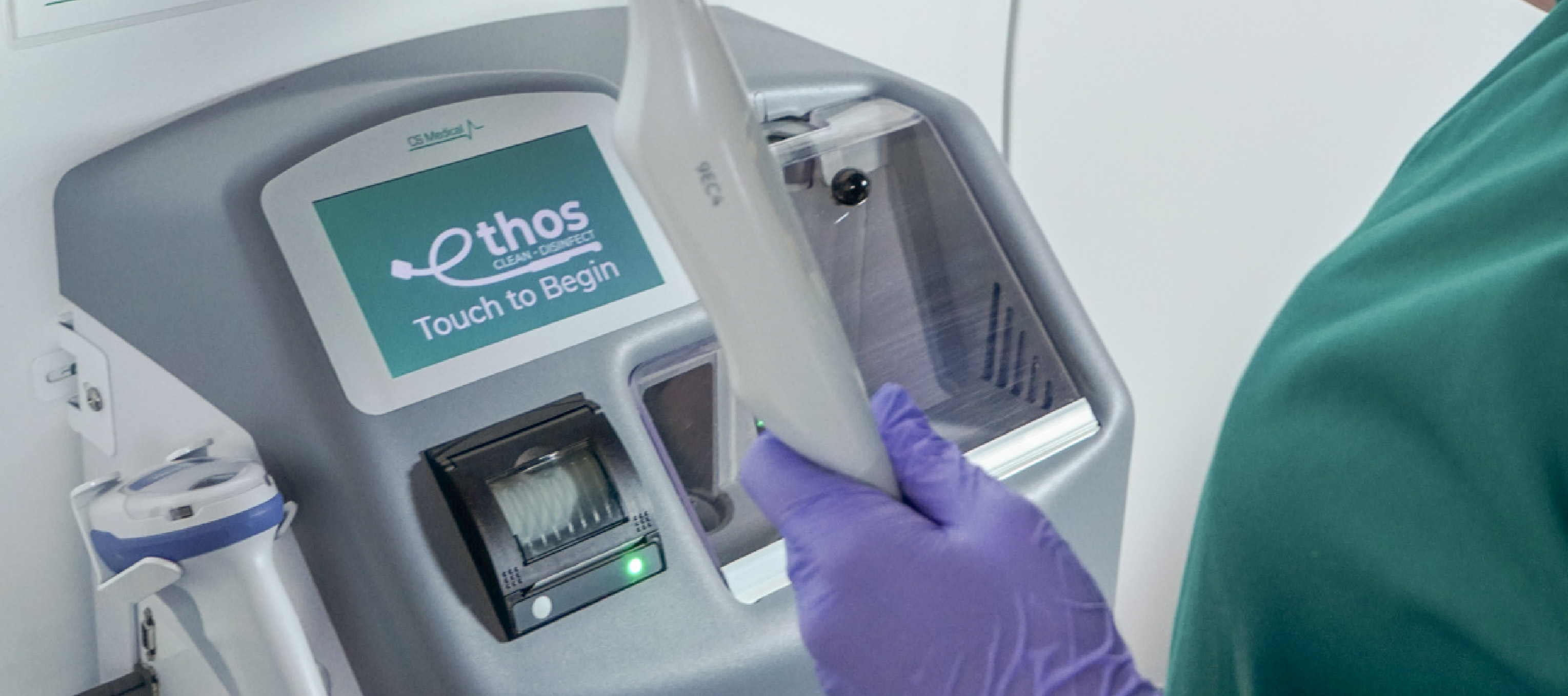The top priority of every healthcare provider is the health and safety of patients, but biofilm poses a huge obstacle to achieving that goal. When biofilm forms on a device, like a transesophageal echocardiogram ultrasound (TEE) probe, it is nearly impossible to remove and can endanger patient safety, especially patients who are already immunocompromised, according to the CDC. In fact, if biofilm has developed on a probe, the probe must either be vigorously cleaned (which could damage it), sent for repair, or replaced, all of which are very costly choices. Since biofilm is so difficult to get rid of, the best way to deal with it is to prevent it from ever forming. Benjamin Franklin's popular idiom rings true: an ounce of prevention is worth a pound of cure.
But first: what is biofilm and how does it form? Biofilms are communities of microorganisms that attach themselves to a surface and develop a barrier, making them highly resistant to disinfection and removal. They begin to form when these microorganisms come into contact with a surface under the right conditions: they require moisture, proper temperatures, and time. For example, when a TEE probe is removed from a patient's esophagus, the bacteria from their body begins to colonize the surface of the probe's shaft. If not dealt with immediately, biofilm can begin to form.
To stop biofilm from forming on your TEE probes, there are several things to do and to keep in mind. First, review your facility's procedure for reprocessing TEE probes and ensure that it includes these vital steps.
The first step is point of use cleaning, or bedside cleaning. Immediately upon removal from the patient's body, thoroughly wipe down the shaft and distal tip of the TEE probe with an enzymatic sponge. This will begin to break down and remove much of the bioburden from the surface of the probe. Make sure the probe stays saturated until you can get it to the next important stage in preventing biofilm.
The next step is cleaning the TEE probe via a manual soak in enzymatic detergent. Once the probe has been thoroughly rinsed, it should be soaked in enzymatic detergent to further break down and eliminate bioburden from the probe's shaft. This will prepare the probe for high-level disinfection, which is a must in stopping biofilm from developing. High-level disinfection may be achieved manually, however, according to a journal article by Charles G. Roberts, "Automatic instrument washers are very effective in removing patient soils and inactivating bacteria that can form biofilms." Once the TEE probe has been successfully reprocessed, it must be thoroughly dried; no moisture can be left on the probe or the risk of developing biofilm is increased. Once dry, the probe can be stored for reuse.
Lastly, it is important that TEE probes are handled carefully and delicately. If the shaft or distal tip are handled too roughly and are scraped or scratched, they pose a higher risk for the development of biofilm. Microorganisms can gather and grow in the tiniest scrapes and become much harder to remove and can easily develop into an impervious biofilm. To avoid this outcome, treat TEE probes with care and avoid scrapes and scuffs. If a TEE probe has already been scratched, pay special attention to clean those grooves thoroughly when reprocessing.
By ensuring that probes are properly reprocessed and handled with care, you can help prevent the appearance of biofilm on TEE probes and other reusable medical devices. This will keep patients healthy and safeguard the longevity of these semicritical devices.


